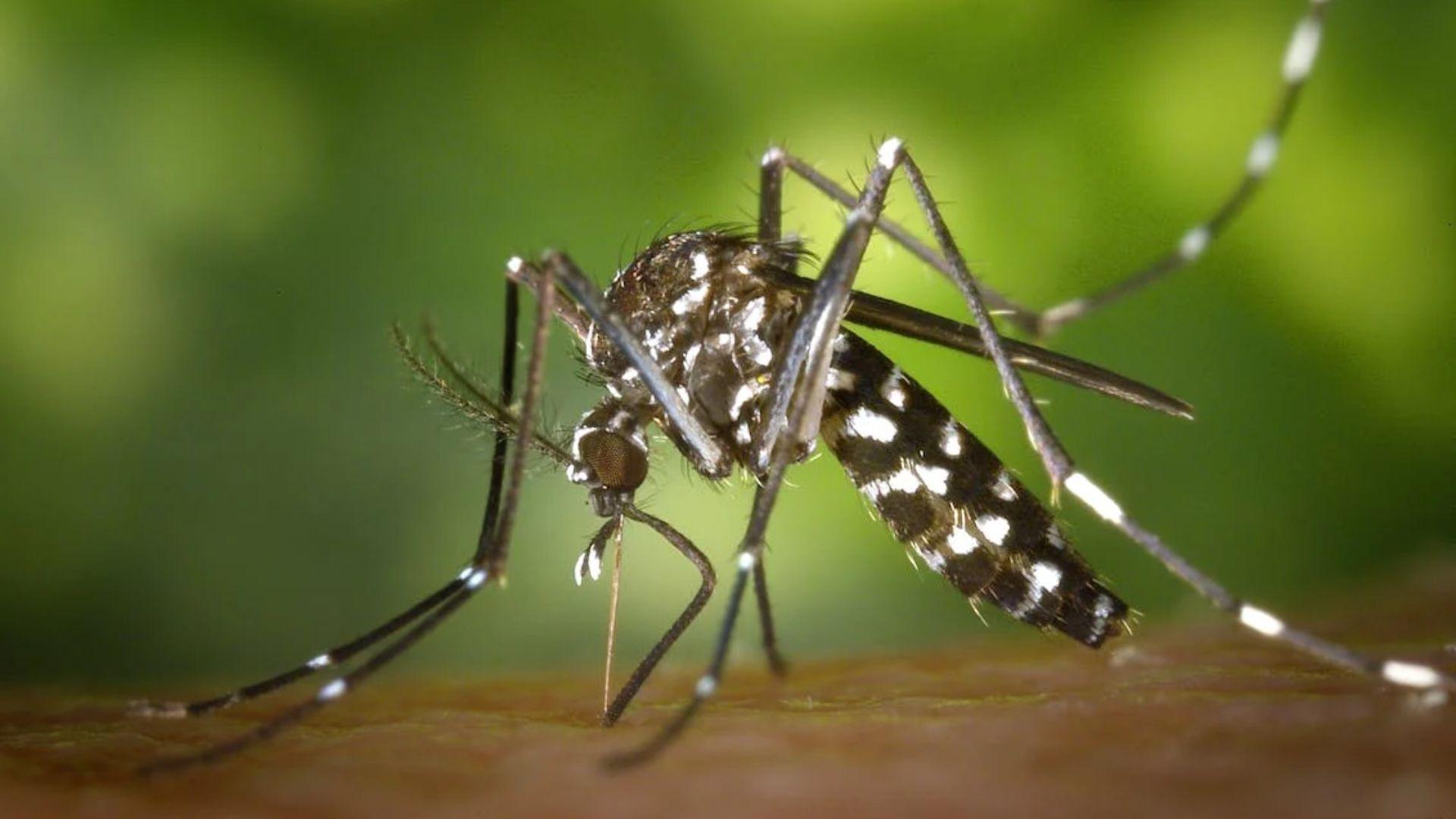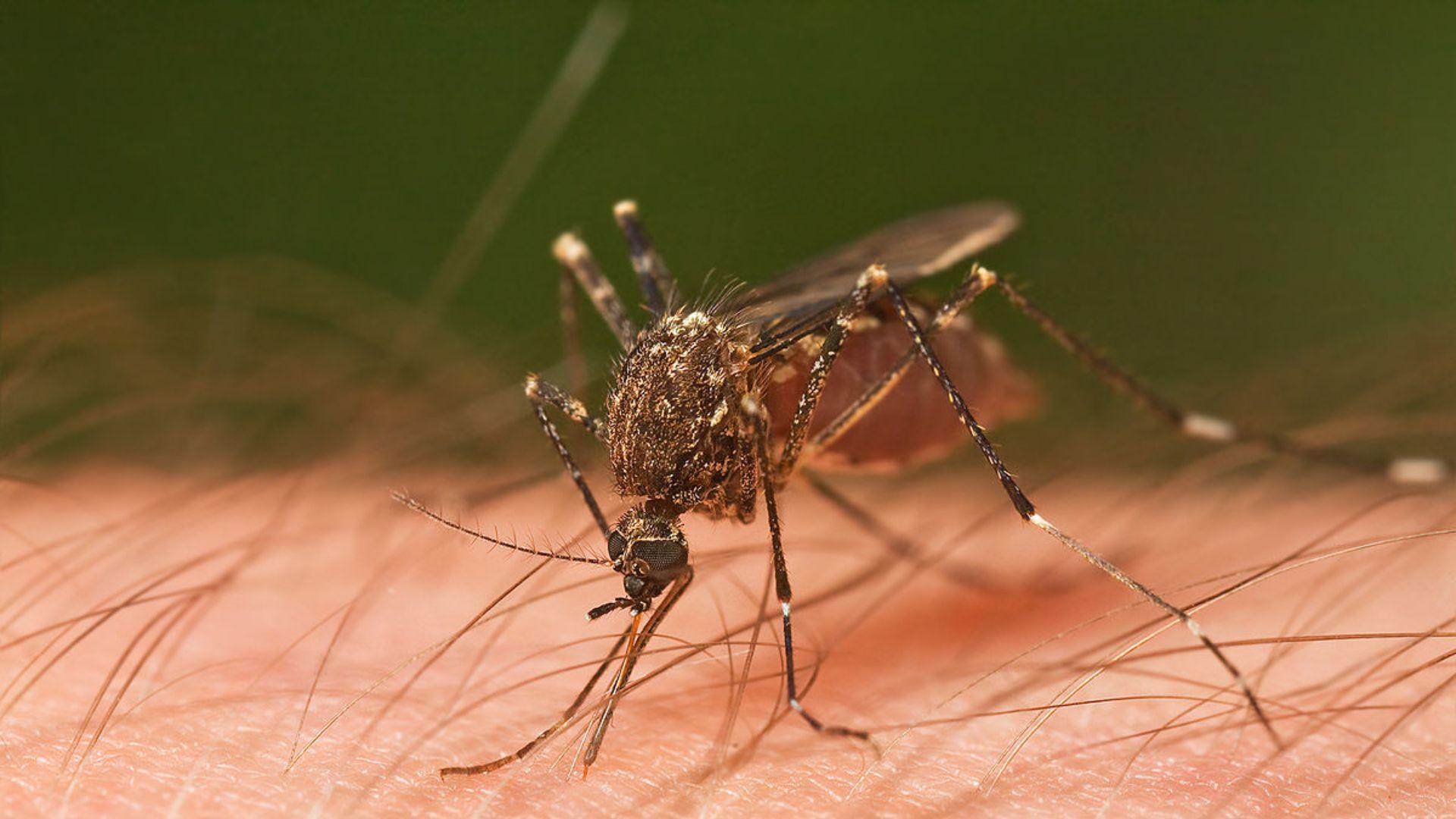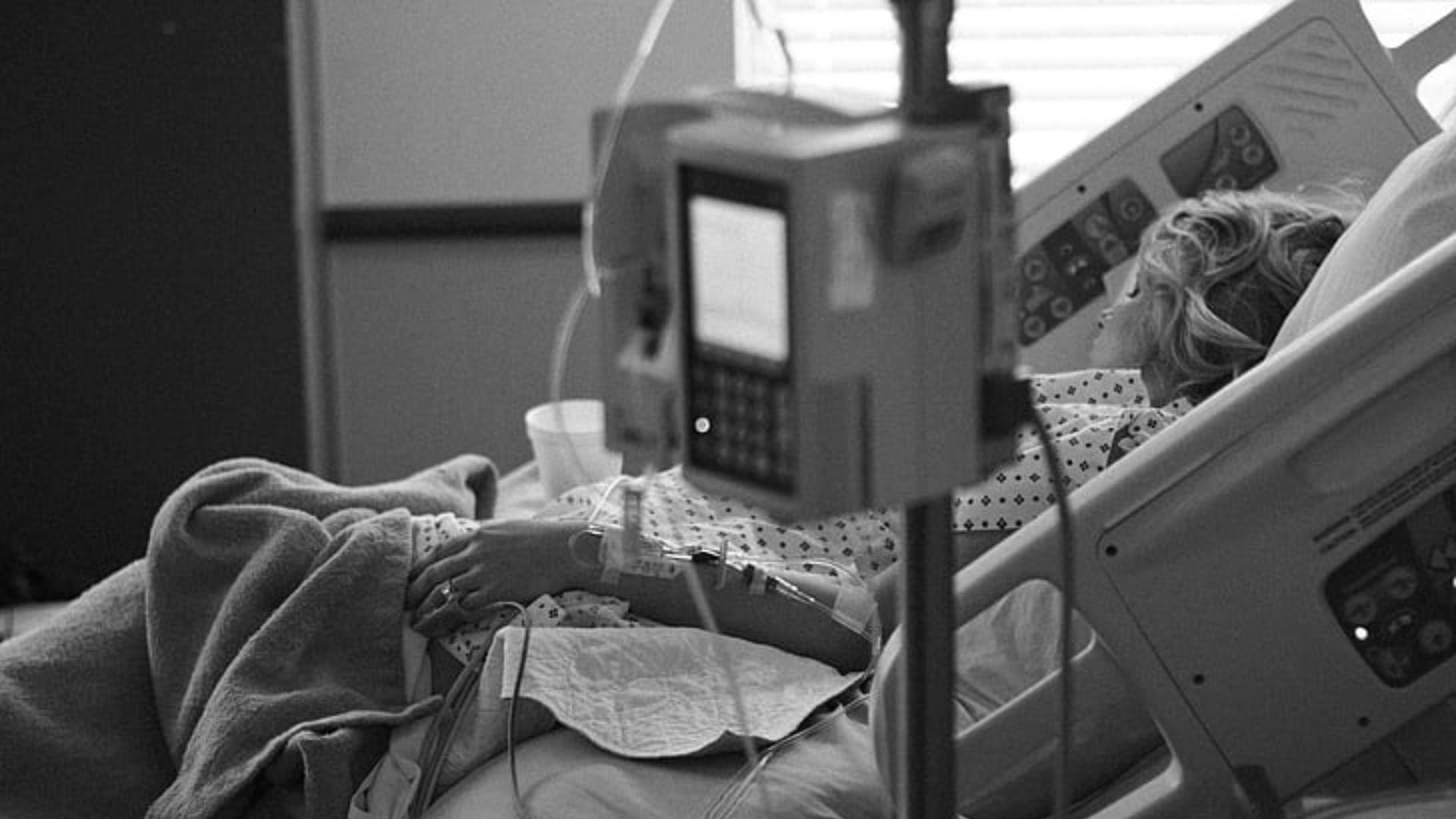A town in Massachusetts has gone into a lockdown due to a rare, deadly disease known as EEE that spreads from mosquitoes to humans.
The lockdown has seen the town close it’s parks and fields every evening. Meanwhile, four other towns are asking their residents not to go outside at night.
What is This Deadly Disease?

Local health experts are concerned about eastern equine encephalitis (EEE).
Last week, state officials announced that a man in his 80s had caught the disease – marking the first recorded case in the state since 2020.
Where is The Lockdown?

The town of Plymouth, Massachusetts – 40 miles southeast of Boston – said on Friday that it would close outdoor recreation facilities from dusk until dawn.
The measure was announced after a horse in the town was infected with the deadly disease.
Where Else is At Risk?

Warnings have been issued that Douglas, Oxford, Sutton and Webster are at “critical risk” after the Oxford man caught the virus.
State and health officials advise residents to finish outdoor activities by 6 PM until September 30th and until 5 PM after that.
When Was The Virus Discovered?

The virus was detected in a mosquito in Massachusetts last month and has since been found in multiple mosquitoes across the state.
In 2019, an EEE outbreak saw six deaths and 12 total cases. Another outbreak followed the next year.
How To Stay Safe

Although there is no vaccine for the virus, there are a number of steps people can take to lower their risk of infection.
Beyond staying inside at night, residents are advised to use mosquito repellents outdoors and drain any standing water around their homes.
Expert Comment

Oxford town manager, Jennifer Callahan, said the family of the man who was infected in August reached out to her office.
“They want people to be aware this is an extremely serious disease with terrible physical and emotional consequences, regardless if the person manages to live,” Callahan wrote.
How Deadly is EEE?

The US Centers for Disease Control and Prevention (CDC) says that while EEE is rare, it is very serious and potentially fatal.
Symptoms of EEE include fever, vomiting, diarrhea, seizures and headaches. Around 30% of people who become infected die as a result.
Long-Term Impact of EEE

People who survive the virus are often left permanently disabled. Few people completely recover.
The disease is prevalent in birds, and while humans can catch the disease, they can’t spread it.
Massachusetts Announces Plans To Combat Virus

Massachusetts governmental agencies announced plans to conduct aerial spraying for mosquitoes in areas of Plymouth County, and truck-mounted spraying in parts of Worcester County.
Spraying is expected to occur during the week commencing August 26th and will take place at night.


